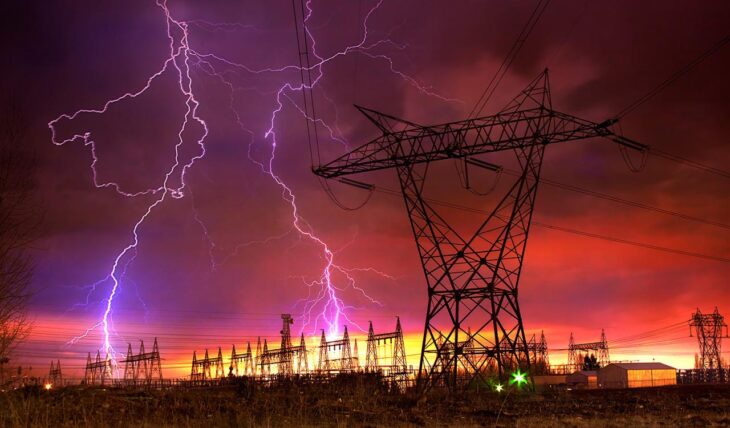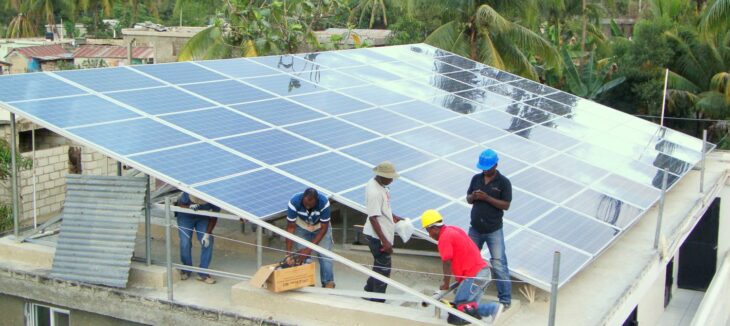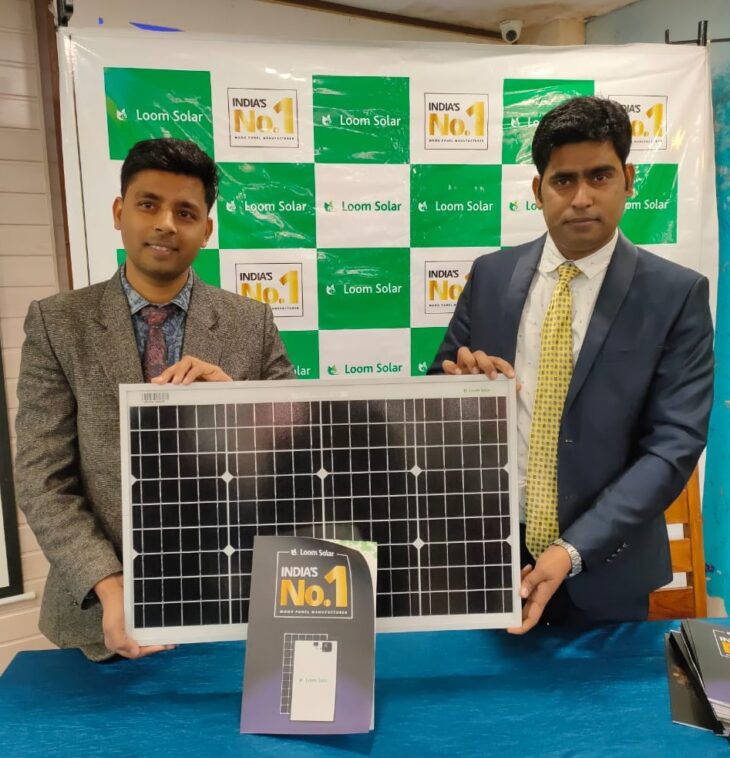To save money and help maintain a healthy environment, many individuals are switching to renewable and clean energy sources to power their homes. Grid-tied and off-grid solar systems are available to those who want to use solar electricity but don’t want to rely on the grid. Homeowners choose grid-tied systems since the installation procedure ties your house to the rest of the city’s electricity supply.
Going off-grid, on the other hand, might be daunting due to the concept of being completely independent. As I’ll explain later in this essay, being off-grid has its advantages. With a grid-tied system, you’ll have to rely on specialists and employ certain infrastructures to consume energy while still dealing with the same issues that other people face such as power outages. 45% of the solar energy users are sustainable to the off-grid solar system while 40% of solar users are connected to the grid.
To prevent power outages, reduce energy bills, ease the installation of solar systems in houses, and to vide an alternative power source for rural regions, an off-grid solar system is the best option. People who wish to save money while doing good for the environment will find this all appealing.
Contents
1. Preventing Power Failures

Source: mitre.org
You won’t have to worry about power disruptions at home if you go off the grid. So, you won’t be dependent on the city’s electricity supply, which might be disrupted by freezing rain, sleet, or strong winds, which can damage power lines and equipment.
Because they disrupt work and make life more difficult, power outages may be a nuisance.
Interruptions ranging from minutes to hours are annoying, but those that persist for days or weeks are very distressing for homeowners because they feel the full extent of their suffering. Living without electricity is inconvenient, and having to wait for it to be restored is irritating.
2. Reducing the Cost of Energy
As fossil fuels become scarcer and more expensive, using off-grid renewable energy means you’ll never have to pay for electricity again. A DC multimeter is used to measure the highest voltage that may be found in the positive and negative wires of a solar panel.
Off-grid solar systems have a significant initial investment, but their cheap monthly rates and minimal maintenance expenses more than offset this.
There are no monthly power bills with off-grid solar systems since they solely utilize sunlight to generate electricity. LED lights, which simply need batteries to be changed, have made routine maintenance far less expensive than it used to be.
3. Easy Setup

Source: globalcitizen.org
Because off-grid solar systems do not rely on a sophisticated grid infrastructure to work, the installation procedure is far easier.
Installing grid-tied systems, for example, need the help of electricians who can link them to the city’s electric grid properly.
Off-grid solar systems, on the other hand, simply need a basic understanding of common hand tools. It’s not as difficult as it used to be, so you may not require a specialist.
When using grid-tied systems, the labor-intensive operation of trenching to connect the solar energy to the grid is also eliminated.
4. Providing Rural Areas with an Alternate Energy Source
Rural and distant locations confront a major challenge when it comes to accessing the main power grid since they have a smaller and less modern infrastructure than metropolitan areas.
In isolated places, the risk of power outages is greater, making life more difficult. Rural residents would benefit greatly from an off-grid solar system since they have so little access to the grid.
Off-grid solar systems are a great option if you live in the country and don’t want to be reliant on unreliable city electricity. In addition to being less expensive, it provides you greater freedom to travel in areas without city power lines.
5. Maintains a Clean and Healthy Environment

Source: entrepreneur.com
When it comes to sustainable energy, solar electricity, like any other, is better for the environment.
Off-grid and on-grid solar systems are both better for the environment than fossil fuel-based energy.
As a result, the carbon footprint of utilizing electricity is reduced by using renewable energy, which is available to everyone.
Going off the grid is good for the environment since it reduces the environmental impact of power by not relying on fossil fuels that pollute the air.
Conclusion
When comparing an off-grid solar system to an off-grid system, there are several benefits.
In the existing energy system, which relies heavily on fossil fuels to generate power, being “grid-tied” entails accepting the drawbacks of this system. Off-grid solar systems, on the other hand, allow you to be independent of external power interruptions.
When it comes to cutting their monthly power bills while also helping the environment, renewable solar energy is a popular option among homeowners. Always choose the best solar panel manufacturer such as LoomSolar to get quality solar products and services.
About LoomSolar

Source: entrepreneur.com
India’s Loom Solar Pvt Ltd is one of the fastest-evolving solar-technology start-ups in the home solar market. Since its inception in 2018, the company has introduced several innovative products, including mono solar panels, grid-connected AC modules, and the shark bifacial in the shark series.
Government-recognized manufacturer of solar panels from 10 watts to 530 watts has a production facility in Haryana and has been awarded an ISO certification. Additionally, Loom Solar is making use of the “Digital India” movement, with its goods accessible throughout India and on e-commerce sites. To support the “Atmanirbhar Bharat” mission, Loom Solar is primarily targeting the residential market and has been concentrating on enabling residential rooftop solar system demands.
Which solar panel is best for my home?
These days, solar panels are the most common means of producing power. The rising popularity of solar electricity is due to its increased efficiency and lower prices. Almost all states in India have now attained grid parity with solar energy, making it a viable choice for electricity production in remote areas.
